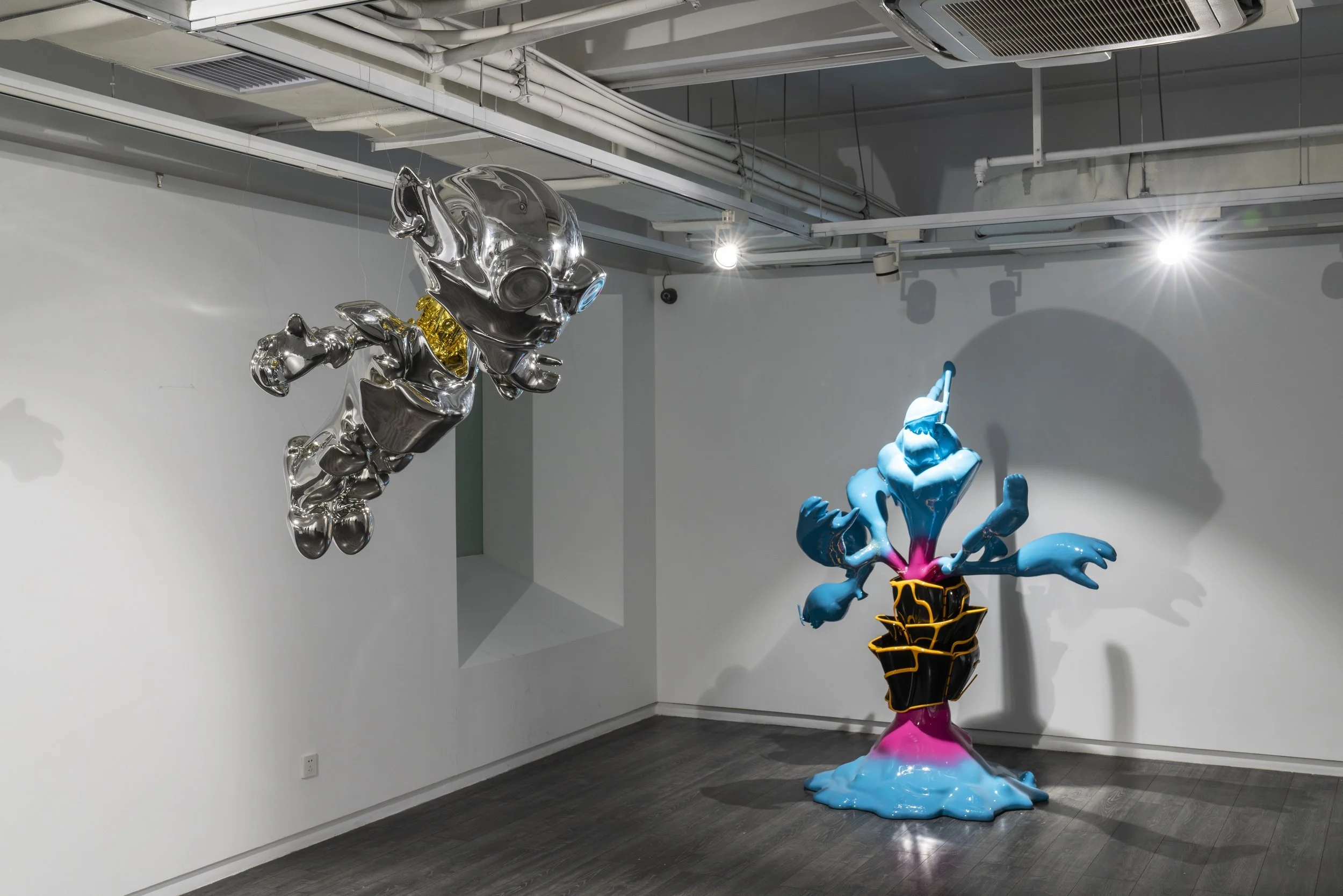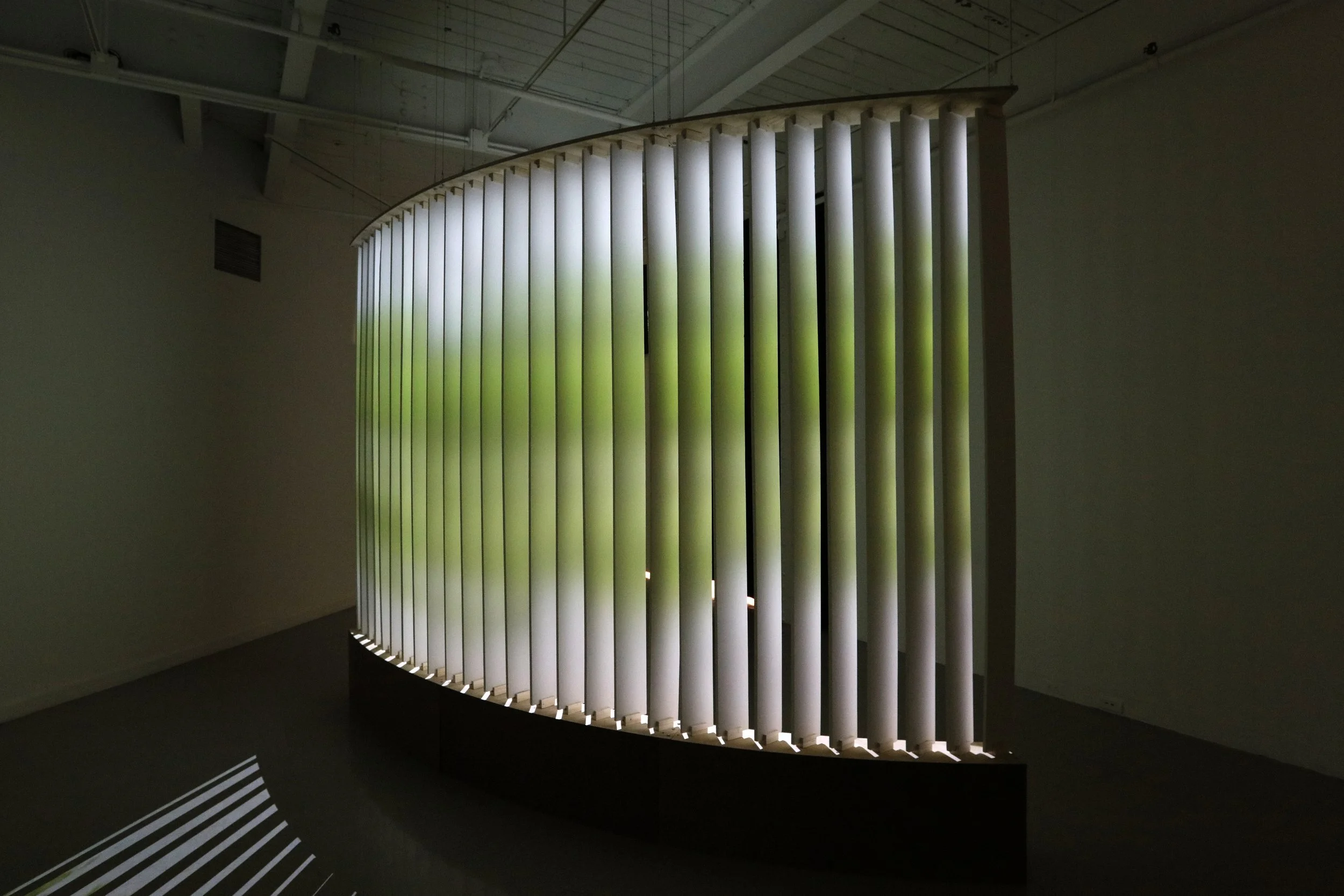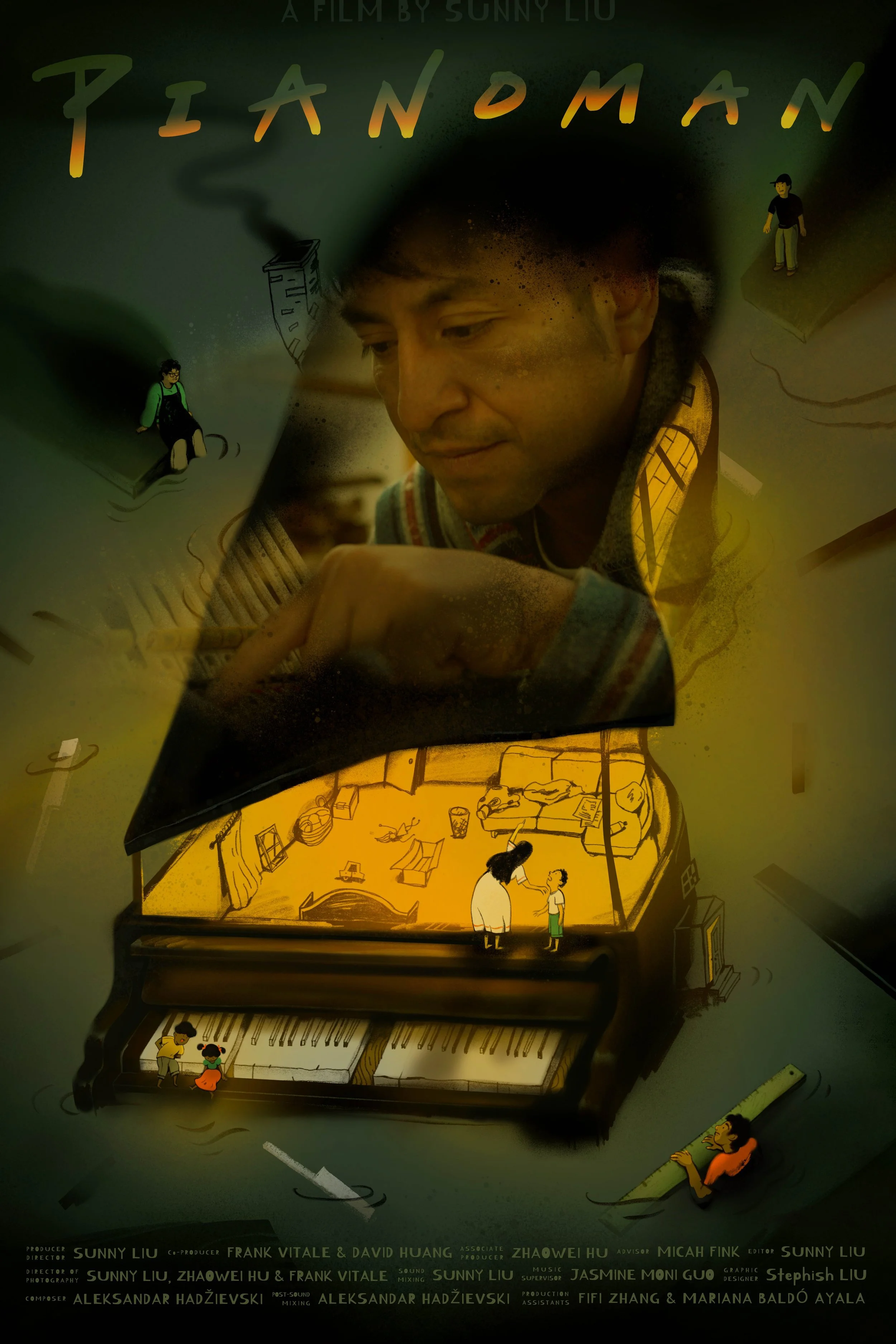10 Questions with Ruiqi Zhang
Ruiqi Zhang (Liaoyang, b.1994) is a media artist, writer, and cyber citizen, characterized by his conceptual and cross-media practice with symbols, multiple layers, and complex information. He received an MFA in Kinetic Imaging from Virginia Commonwealth University and currently lives and works in Beijing.
Ruiqi's art and practice combine critical thinking about Internet culture with reflections on decentralized creation and a multi-level dualistic society. Incorporating research and creation of emerging mobile technology, short-video platform, and China online community, many of his works explore media strategies, cultural and class divide under the current dominant discourse system. Ruiqi's recent projects extend his practice to experimental film, video installation, and online performances, establishing connections between art and society, politics, aesthetics, and daily life.
Ruiqi Zhang portrait, photo by Yuxiang Dong©
ARTIST STATEMENT
Ruiqi's work presses on his sensitivity to digital technology when engaged in different dimensions of related issues such as online identity, media discourse structure, and indigenous modernity. The artist's early awareness of digital power and media technology was formed by and linked through works of pioneer video artists and filmmakers. He was further attracted by the extension of digital power structure into virtual space, the transformation from television stations to smartphones. The artist attempts to adopt a "roundabout" approach to bring the focus of the discussion back to the evolution of technology and the possibility of reconfiguring social relations, self-portraits, and autonomy by using mobile technology. By reorganizing various irrelevant materials in weird forms, Ruiqi aims to create a mixed stimulus. This approach imitates the algorithmic recommendation mechanism of short video media platforms and invites the audience to actively participate (watch) and discuss commonly (comment) from a non-human-centered perspective. Similar themes are applied in his works to examine a wider range of Internet culture that mainstream media have not quoted.
INTERVIEW
Why are you an artist, and when did you first become one?
After graduating from college, I was a graphic designer, made branding design for companies, and participated in the visual design of some online entertainment shows. My early awareness of digital power and digital technology was inspired by and linked through works of pioneer video artists and filmmakers. I discovered a broader way of expression in images and sound. I started to shoot the surrounding objects, people, and life details with my phone in my leisure time. Finally, I edited a short film with these footages. Since then, I have continued to explore moving images as the media to create works.
What do you hope that the public takes away from your work?
I aim to provide multiple layers, irrelevant information, and meaningless symbols to respond to people's ability to read complex information in my work. How does art connect with the audience? This is a question with open answers for me. At least, I'm not too fond of preaching or visually monotonous expressions. Most of the exhibition videos are like a continuous narrative because they are played in a loop. This format provides an open viewing process. I expect audiences to feel over-informed after watching my work or doubt the observability of the video. Audiences are welcome to bring knowledge and feelings mixed with the image and then leave with their opinions.
Install view, Galaxy Equivalent Parallel Object, 2019. Mixed media, projection screen, custom made blanket, artificial grasses, HD video (color, sound, 27min), Ruiqi Zhang©
Your art and research combine critical thinking about Internet culture and China's online rural community. How do you successfully express your intentions?
Due to various reasons such as economic development, geography, and history, different countries and regions have different priorities in establishing network infrastructure. The result of this situation is that people in some specific regions have unique cultural phenomena while after the wide use of the Internet and smartphone. My expression is based on respect for the localized culture. Beyond that, I am interested in sociology and economics. I got a lot of inspiration from Cara Wallis' book Technomobility in China: Young Migrant Women and Mobile Phones (2013).
Still from Manifesto: Art Downgrade, 2019, single channel video (color, sound, 4min32s), Ruiqi Zhang©
Manifesto: Art Downgrade advocates evaluate alternative perspectives and decentralization of urban narrative in contemporary art creation. By splicing green screen materials from the Internet and selfie clips shot by mobile phones, the manifesto aims to evoke the creative impulse and imagination of ordinary people, to express their voice by using the integration of open-source media, technology, and daily labor in creation.
Still from Manifesto: Art Downgrade, 2019, single channel video (color, sound, 4min32s), Ruiqi Zhang©
Lately, we often hear and talk about the impact of virtuality on the way we present ideas and artworks. How do you engage your art with the new trends of technologies?
My practice faces very basic issues in video art. For example, the transformation of narcissistic aesthetics, from TV videotapes to smartphones, the different psychology of self-image reflection in the media, and the new ways of viewing that break traditional perception. Whether the concept of virtuality or augmented reality, it is an extended means of expression, which gives the work a chance to become more attractive. What I care more about is the democratic trend of the development of technology. Individual experience and perspective can be transformed into an artistic narrative. Cheaper smartphones and developed Internet infrastructure mean that becoming a creator is easier. The minority and marginalized communities in society are beginning to receive more attention than before. This is what I want to propose in the work Manifesto: Art Downgrade; everyone should actively use mobile devices to express voices for the issues that they care about.
What aspect of your work do you pay particular attention to?
I focus on the rhythm and complexity of the narrative of my work that I realize I am controlling the content of the screen. I valued the relationship between audience and image as an exchange of intelligence and attention; therefore, to prolong this processing, I create constant irrelevant information stimulation and combine my concepts in a whisper-like text.
Still from The Burning Tower, 2020, 4k video (color, sound, 29min), Ruiqi Zhang©
The Burning Tower is a research-based film that re-enacts a possible process of the burning of a 5G cell tower that happened in Europe. This idea takes inspiration from news reports and explores the complex relationship between conspiracy theories, rumours, and network infrastructure. This film briefly recounts the history of communication technology and the Internet, giving an alternate imagination model of future cyberspace, through the survey of Ted Nelson's first hypertext project Xanadu, new 5G protocol, and submarine optical cable.
still from The Burning Tower, 2020, 4k video (color, sound, 29min), Ruiqi Zhang©
Can you tell us about the process of creating your work? What is your artistic routine when working?
In my recent project, I am trying to work in a more logical way of creation. I want to figure out how an idea that excites me came about. Generally, I will investigate a specific theme before creating the image and spending some time writing the text. This helped me to sort out the ideas and build a rough framework. The production part is a natural process for me, and I prefer to follow my feelings more. When I know what kind of music I want to use in my video, I will also look for suitable sound artists to work with.
What do you wish you knew about Contemporary Art before you got started?
I am curious about the function of contemporary art at a realistic level. How artists challenging, break, revealing, and deconstruct power.
Finally, are there any projects you are currently working on and able to speak about?
Now, I am working on a new short film that reenacts a possible process of burning the 5G cell tower that happened in Europe. This idea takes inspiration from news reports and explores the complex relationship between conspiracy theories, rumors, and network infrastructure. After researching the first hypertext project, "Xanadu," invented by Ted Nelson, the new 5G protocol, and submarine optical cable, I expect to briefly review the development of communication technology and the Internet in this film.
What is your favorite genre of music to listen to while working?
Lofi hip-hop or white noise. I don't like to have too strong music when I am working


























